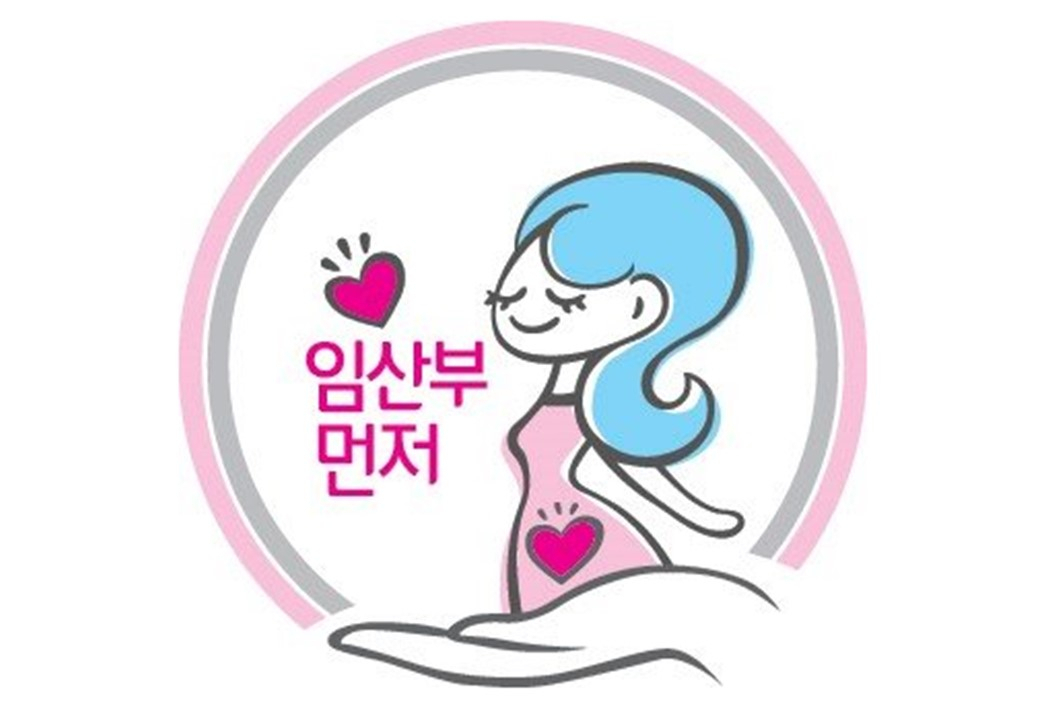 |
Emblem for pregnant women (Ministry of Health and Welfare) |
Stories of bus drivers encouraging passengers to give up seats for pregnant women have been circulating online, most recently with a woman's compliment posted on the Seoul Bus Labor Union website on Monday.
A woman who identified herself as 12 weeks pregnant said she got on a Seoul bus No. 440 at around 6 p.m. on Monday with no real hopes of getting a seat during rush hour. But when the driver saw her pregnancy badge, he asked the passengers sitting in the priority zones to give up their seats.
She did not identify the driver in her post, but thanked him for looking out for her.
The post to the union website followed a recent report by local broadcaster JTBC, which interviewed driver Jeon Jin-ok of Seoul bus No. 270.
On Aug, 27, the driver noticed a pregnant woman standing in the crowded bus. When the bus stopped at a red light, he stood up to announce that there was a pregnant woman onboard and urged people to yield their seats. One young woman sitting in a priority seat gave up her seat to the pregnant woman, who then thanked the driver before she got off the bus.
South Korean law mandates allocating 10 percent of subway seats as priority seats for senior citizens, people with disabilities, the pregnant and those with young children. While not mandated by law, most regional governments have administrative guidance for buses to have such zones as well.
In addition to the priority zones, buses and subways across the country have zones exclusively for pregnant women. Seoul was the first to adopt the system in December 2013.
The government provides pregnancy badges to any pregnant woman, including foreigners, to indicate their priority for seats.
Those wishing to receive the badge can do so at local public health centers and customer service centers at some subway stations. Recipients must have identification and documents to prove their pregnancy. They can also apply for badges through the Government24 website, a state-run civil service portal.







![[Today’s K-pop] Blackpink’s Jennie, Lisa invited to Coachella as solo acts](http://res.heraldm.com/phpwas/restmb_idxmake.php?idx=644&simg=/content/image/2024/11/21/20241121050099_0.jpg)